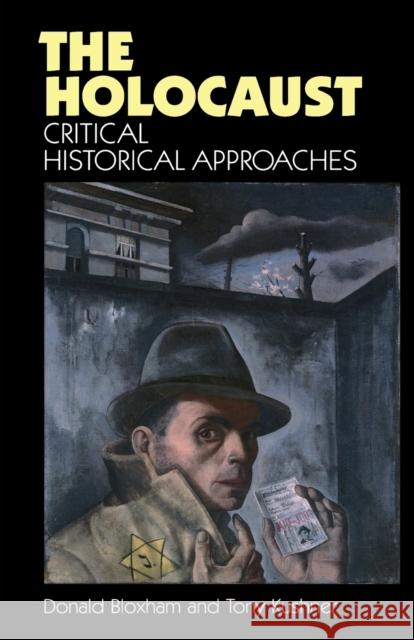The Holocaust: Critical Historical Approaches » książka
The Holocaust: Critical Historical Approaches
ISBN-13: 9780719037795 / Angielski / Miękka / 2005 / 248 str.
Despite the massive literature on the Holocaust, our understanding of it has traditionally been influenced by rather unsophisticated early perspectives and silences. This book summarises and criticises the existing scholarship on the subject and suggests new ways by which we can approach its study.
It addresses the use of victim testimony and asks important questions: What function does recording the past serve for the victim? What do historians want from it? Are these two perspectives incompatible? The perpetrators of the Holocaust and the development of the murder process are closely examined. The book also compares the mentalities of the killers and the contexts of the killing with those in other acts of genocide and ethnic cleansing in the first half of the twentieth century, searching for an explanation within these comparisons. In addition, it looks at the bystanders to the Holocaust - considering the complexity and ambiguity at the heart of contemporary responses, especially within the western liberal democracies.
Ultimately, this text highlights the essential need to place the Holocaust in the broadest possible context, emphasising the importance of producing high quality but sensitive scholarship in its study.











